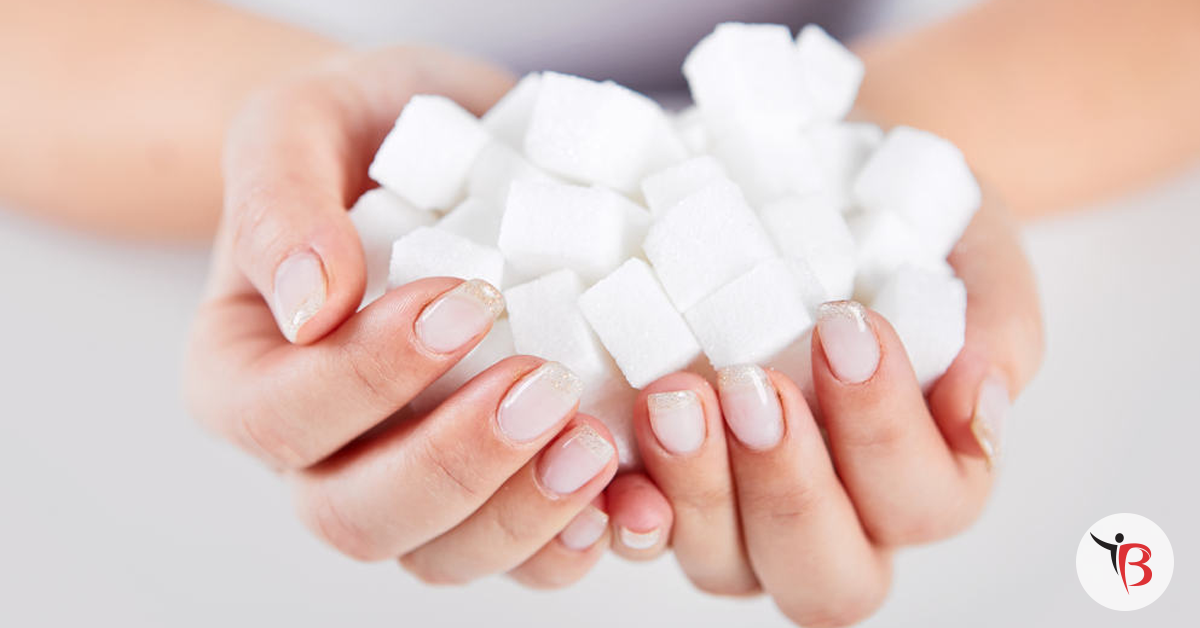Sugar creeps up on us in places that we wouldn’t necessarily expect and in the long run, can have harmful effects on the body.
From cookies and ice cream to ketchup and BBQ sauce. Sugar makes its way into so many foods that we consume on a daily basis. Have you ever considered its effects on the body, aside from its ability to pack on the pounds?
First off, it’s important to understand the way sugar is broken down by the body—into fructose and glucose. Glucose can be broken down by any cell in the body, but fructose is almost exclusively handled in the liver. Naturally occurring sugars, such as in fruits, are generally accompanied by fiber which aids in the body’s breakdown of the sugar.
When you eat something high in fructose and low in fiber, the liver begins turning that sugar into triglycerides, spiking your blood sugar levels. In the long run, repeated high-sugar-drinks and lots of processed sugary foods can lead to high triglycerides and lower HDL (good cholesterol) which may lead to heart disease later in life.
According to the American Heart Association, the recommended daily sugar intake for men is a maximum of 9 teaspoons (36 grams; 150 calories) and 6 teaspoons (24 grams; 100 calories) for women.
Now that you’re a little more familiar with how sugar impacts the body, here are a few simple swaps next time you have that sweet-tooth.
Grab a piece of fruit after dinner as your dessert, instead of digging in the freezer for that carton of ice cream or rummaging through the pantry for a cookie which could turn into two or three. Drizzle olive oil or fresh lemon juice over your cooked vegetables for dinner, instead of dousing them in your favorite bottled sauce. Chances are, that sauce is loaded with sugar. Try seltzer or tonic water (a gin and tonic) next time you order a drink at the bar, instead of a rum and coke which is loaded with sugar and artificial ingredients. Simple swaps can add up to big results! Choose your sugar wisely.
